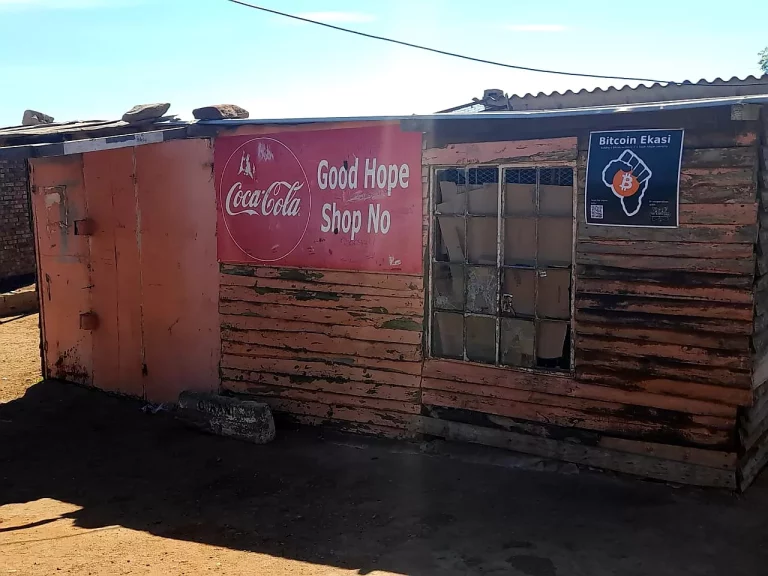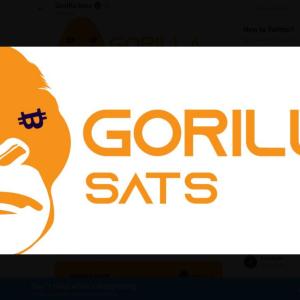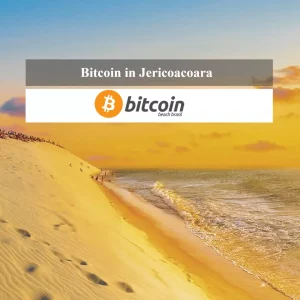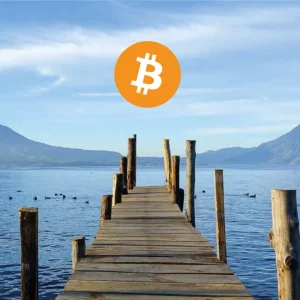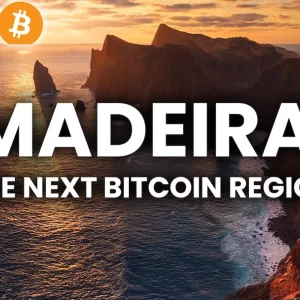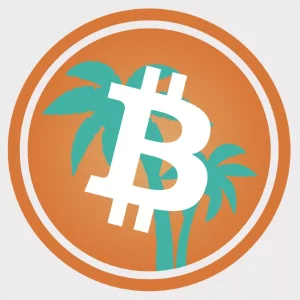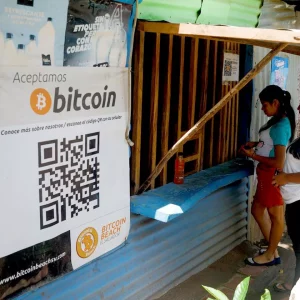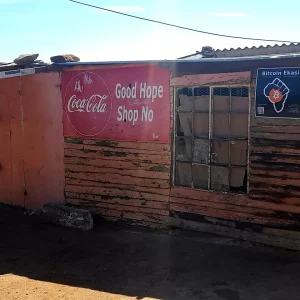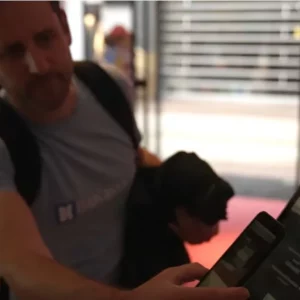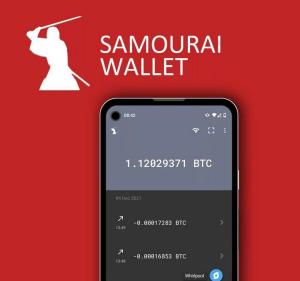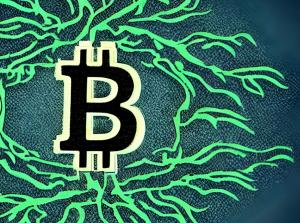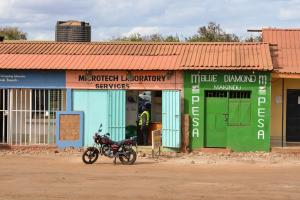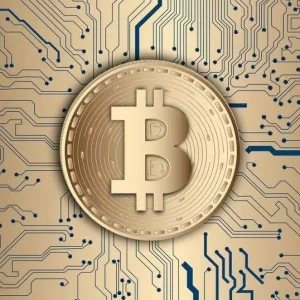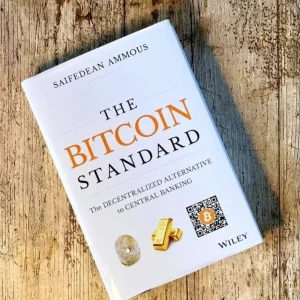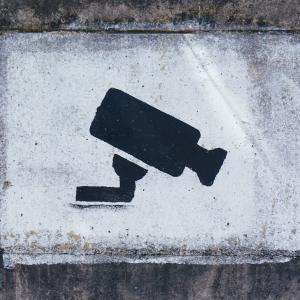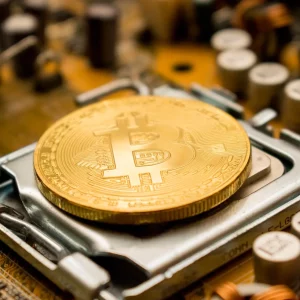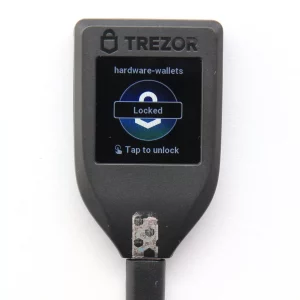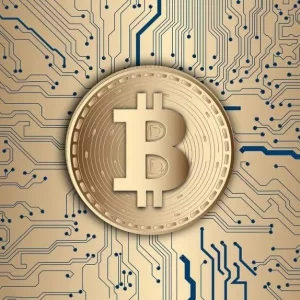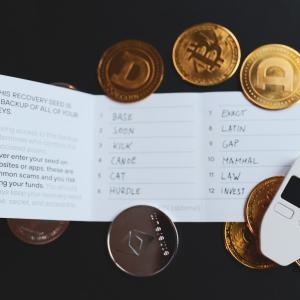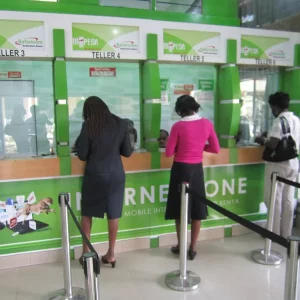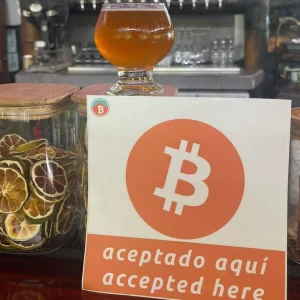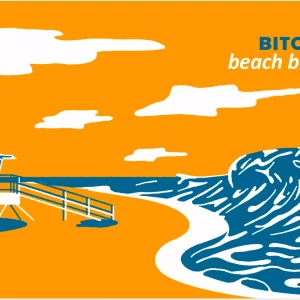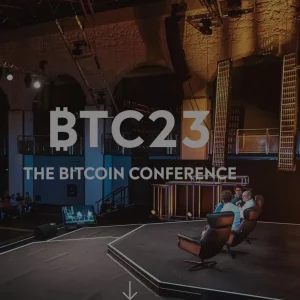A bitcoin circular economy is a decentralized marketplace (often referred to as “Bitcoin Zones”), where individuals can exchange goods and services for bitcoin, including everyday necessities such as food, housing, and employment.
The bitcoin circular economy operates on the principles of a free market, where participants in the network use and reuse bitcoin for transactions. Unlike traditional financial systems, there is no need to exchange bitcoin into fiat currency or involve intermediaries like banks or financial institutions. By using bitcoin as a medium of exchange, individuals can minimize transaction costs and potentially increase the efficiency of the marketplace, creating a more sustainable and resilient economic system.
The idea behind a bitcoin circular economy is to create a self-sustaining system that is not dependent on any central authority or institution. It allows for peer-to-peer transactions and eliminates the need for intermediaries, which can reduce transaction costs and increase efficiency. It also promotes transparency and accountability, as all transactions are recorded on a public ledger, known as the blockchain.
Benefits of Bitcoin Circular Economy
A Bitcoin circular economy can bring several benefits to the economic system. Firstly, the use of a decentralized system provides increased autonomy and economic independence for individuals and communities. Furthermore, the transparency provided by blockchain technology can help reduce corruption and increase trust in the economic system. In addition, Bitcoin transactions are processed quickly and at a lower cost compared to traditional financial transactions, making it more efficient for businesses and individuals. Bitcoin is also accessible from anywhere in the world, which can benefit individuals and businesses that may not have access to traditional financial services. The cryptographic techniques used in bitcoin transactions ensure their security, protecting them from fraud. In general, a bitcoin circular economy has the potential to create a more equitable and sustainable economic system that benefits everyone involved.
Bitcoin Zones
There are several examples of bitcoin circular economies that are already in operation around the world. Here are a few examples:
- Bitcoin Beach is a small beach town, El Zonte, in El Salvador that has become a bitcoin circular economy hub, where locals use bitcoin to buy goods and services from each other. The town was the driving force for adopting bitcoin as the national currency in El Salvador in 2021.
- Bitcoin Beach Brazil is a project that aims to promote bitcoin adoption in Jericoacoara Village, located in Eastern Brazil. It seeks to create a sustainable bitcoin-based economic ecosystem in the village. The project’s ultimate goal is to enable local residents to transact in bitcoin easily and efficiently, and to support the growth of small businesses in the area.
- Bitcoin Ekasi is a non-profit organization that is working to establish a bitcoin-based circular economy in a disadvantaged township in Mossel Bay, South Africa. The organization has successfully facilitated the acceptance of Bitcoin payments in several local shops, with the aim of providing residents with a more efficient and cost-effective way to transact. By promoting the use of bitcoin as a medium of exchange, Bitcoin Ekasi hopes to empower the local community and promote economic growth in the township.
- Arnhem Bitcoin City is a well-known initiative that aims to establish a bitcoin circular economy in the Dutch city of Arnhem. The initiative was launched in 2014, and since then, the city has become known as one of the most bitcoin-friendly places in the world. Hundreds of merchants in Arnhem currently accept bitcoin as a form of payment, allowing residents and visitors to use bitcoin to purchase goods and services in the city.
- F.R.E.E. Madeira is a bitcoin-based project that aims to create a self-sustaining and autonomous economy on the Portuguese island of Madeira using bitcoin as a primary medium of exchange. The project is focused on promoting the use of renewable energy sources, such as solar power, to power Bitcoin mining operations and other economic activities on the island. The project is also focused on promoting the adoption of bitcoin among local businesses and residents, with the goal of establishing a bitcoin circular economy on the island.
- Bitcoin Lake, also known as Lago Bitcoin, is a non-governmental and non-profit organization located in Panajachel, Guatemala. The organization’s primary goal is to raise awareness about bitcoin among the local community and to promote the adoption of bitcoin as a medium of exchange. The organization also provides education and training on Bitcoin and blockchain technology, with the aim of empowering individuals and businesses to take advantage of the benefits of these technologies.
- Bitcoin Jungle is an open-source community project that is dedicated to promoting the adoption of bitcoin in Costa Rica. The project is focused on bringing the benefits of bitcoin to the tourism and business sectors, with the goal of creating a more efficient and cost-effective way to transact in the country. Bitcoin Jungle provides education and training on bitcoin, as well as support for businesses and individuals looking to adopt bitcoin as a payment system.
- Bitcoin Ubuntu is a new grassroots community outreach program focused on promoting bitcoin adoption in Swellendam, South Africa. The program provides free, in-person education and resources to help individuals and businesses understand the benefits of bitcoin and how to use it effectively.

